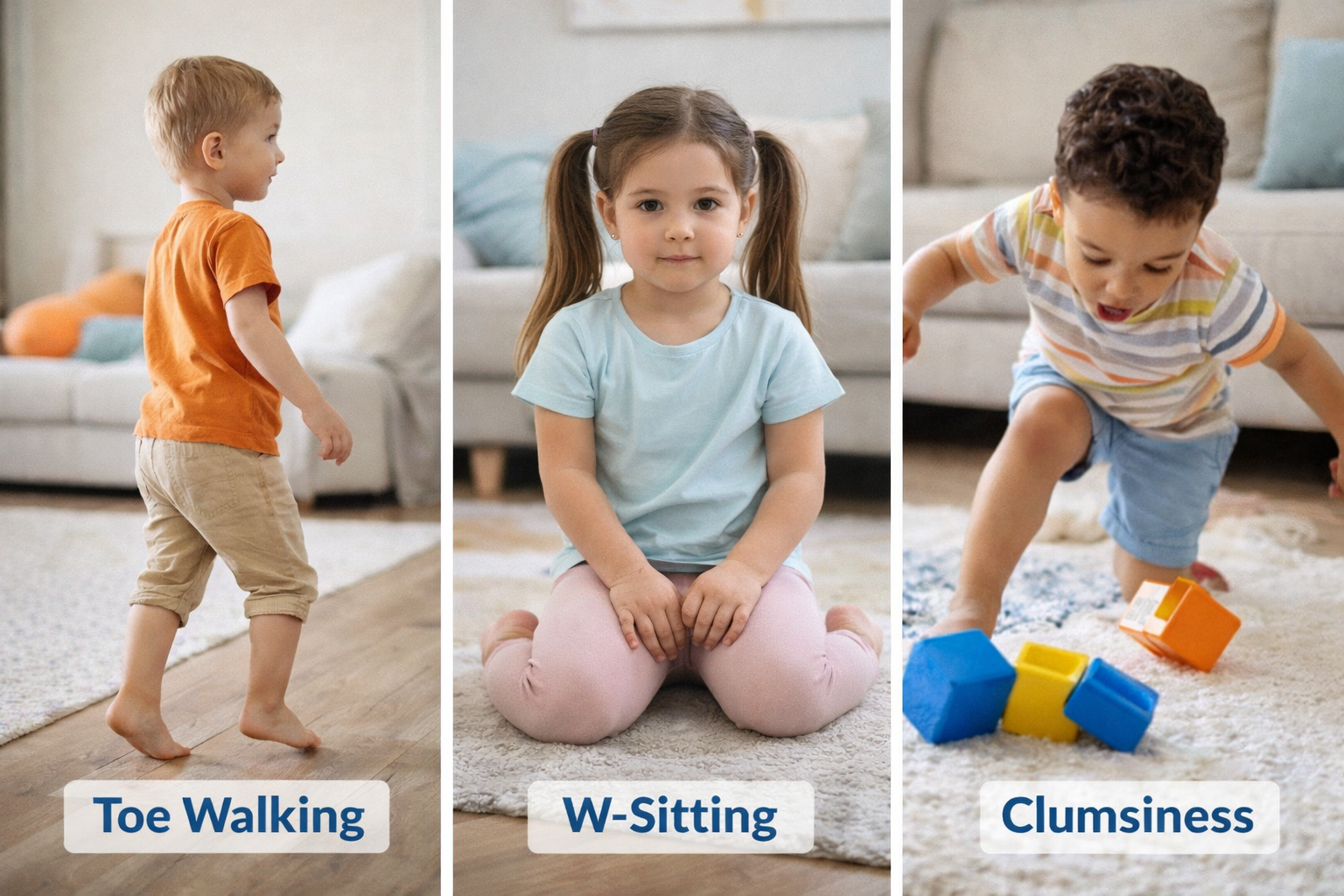
While talking about poop may bring laughter to kids and parents alike, when your child faces chronic constipation, it becomes a serious concern. Recent research suggests that approximately 25-30% of children experience constipation, impacting their overall well-being. More than a digestive issue, chronic constipation is often a symptom of an underlying problem linked to various childhood conditions such as autism, anxiety, sensory processing disorder, developmental delays, and ADHD.
If you have dealt with your child struggling with chronic constipation, you know the repercussions on their lives are significant, affecting their immune system, sleep, energy levels, and emotional regulation. If you have exhausted various remedies, including diet changes, prune juice, probiotics, and even Miralax, this is for you. We’ll delve into the genuine root causes of chronic constipation, extending beyond nutritional imbalances, and provide drug-free options to enhance your child’s quality of life.
A Story of Hope
Consider Lucas, who began experiencing stomach issues at the age of 4. His daily struggles with pain led his family through a maze of doctor visits, X-rays, ultrasounds, and a traumatic experience with Miralax. Despite feeling frustrated and overwhelmed, a glimmer of hope emerged when they stumbled upon a social media post mirroring their story. Skeptical yet desperate for answers, they sought help, leading to transformative changes in Lucas's life through Neurologically-Focused Chiropractic Care.
Understanding the Science: It’s Neurological
Chronic constipation is not merely a genetic or nutritional imbalance; it’s primarily a neurological imbalance. Many parents, like yourself, have already explored diet modifications, probiotics, and supplements with little success in achieving relief for their children. Clinically, chronic constipation is often “neurogenic,” indicating an overactive sympathetic nervous system and dysregulated digestive muscles.
This neurological imbalance, termed subluxation and dysautonomia, triggers a fight-or-flight response, diverting energy away from the digestive tract. When your child’s nervous system is in this protective and stressed-out state, it greatly impacts the gut and digestive system, mainly by “conserving energy” for the skeletal muscles (to fight or flight) and taking it away from the muscles of the digestive tract.
This is why we see chronic constipation strongly correlated with conditions like autism, ADHD, sensory challenges, and anxiety. They all stem from that same neurological imbalance.
Neurologically-Focused Chiropractic adjustments, particularly targeting your child’s vagus nerve and parasympathetic system, provide a drug-free solution to restore balance and alleviate chronic constipation. The focus of our adjustments is to stimulate and activate the parasympathetic nervous system and vagus nerve, which in turn stimulates and activates digestive motility and relaxation for your child.
Next Steps: Neurologically-Focused Chiropractic
So, if you are grappling with your child’s chronic constipation, understanding the neurological component is crucial. Neurologically-Focused Chiropractic Care, such as the specialized approach at Pinnacle Chiropractic, can be a game-changer. By activating your child’s parasympathetic nervous system, often humorously referred to as “hitting the poop button,” our adjustments promote digestive motility and relaxation within their nervous system.
To learn more about how this works or get your child scheduled for a consult and exam, please reach out to Pinnacle today! If you are not local, please check out our PX Docs directory to find an office near you. Investing in your child’s neurological well-being not only addresses chronic constipation, but opens the door to a happier, healthier future for them.









.jpg)

